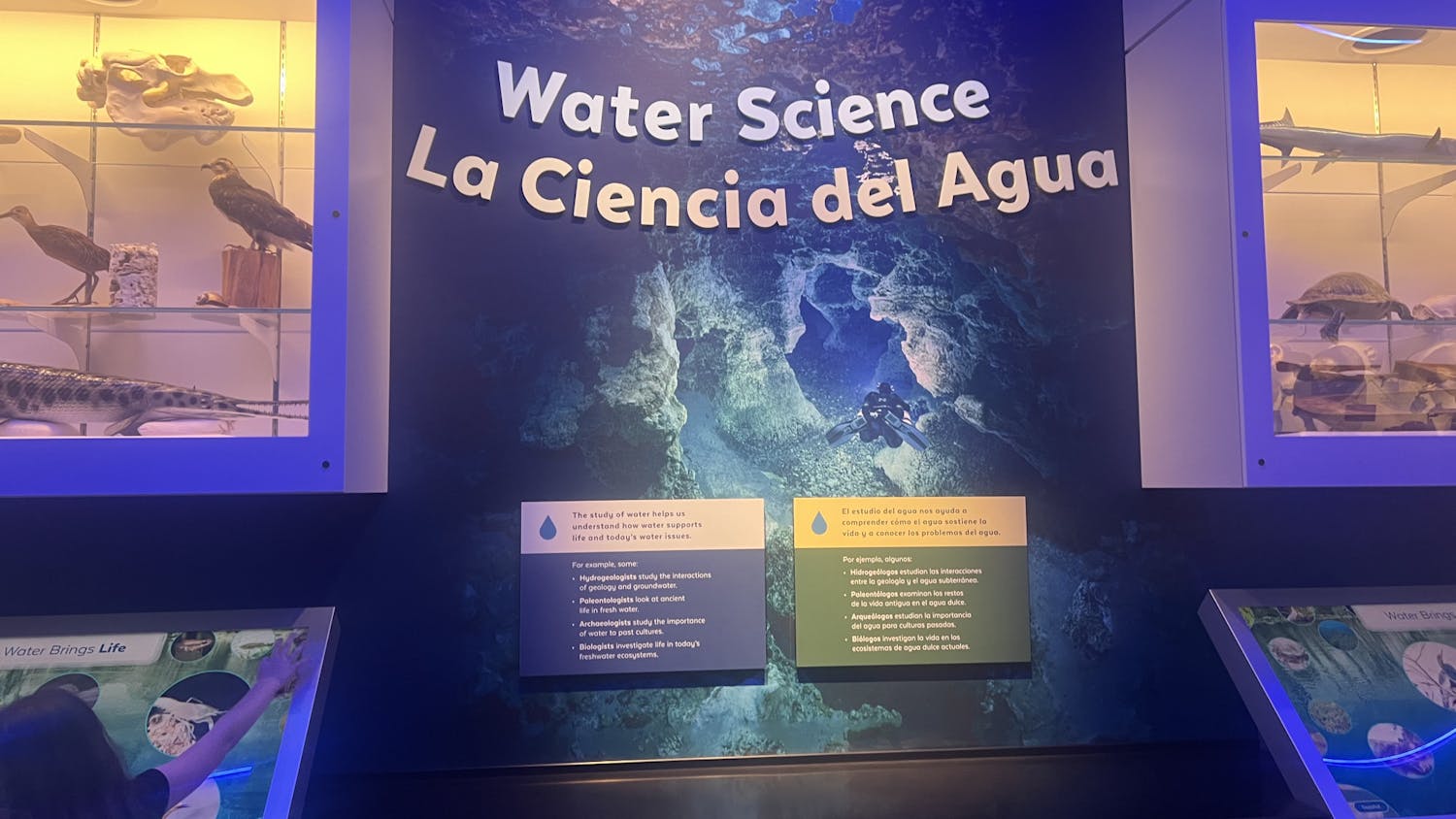Last year, the world saw the highest number of shark attacks ever recorded.
According to the International Shark Attack File at the Florida Museum of Natural History, there were 98 shark attacks in 2015, which was a new record, said George Burgess, the director of the Florida Program for Shark Research. The previous record, in 2000, was 88 attacks.
The shark attack file, which has investigated shark attacks since 1958, found that the U.S. had 59 attacks, a world record. Of those, 30 were in Florida.
The numbers aren’t unusual due to Florida’s warm water and large tourist population, he said.
“We’re putting more people in the water than anywhere else, not only the U.S., but the world,” Burgess said. “Sharks plus human equals attack.”
He said the Florida Program for Shark Research aims to reduce the number of attacks and educate beach visitors on how to protect themselves.
He also said shark attacks are to be expected.
“The reality is, we are not going to prevent shark attacks,” he said. “Our playground is their living room or dining room.”
Although the number of attacks has increased, the number of fatalities has gone down, he said.
Only one person in the U.S. died from a shark attack in 2015.
It is much more common for humans to kill sharks, he said.
“We humans kill more than 100 million sharks and rays every year by fishing,” Burgess said. “The real story is, ‘Man bites shark,’ not, ‘Shark bites man.’”
Jonathan Chiotti, a UF mechanical engineering sophomore, said he is not afraid of sharks when he surfs.
The 19-year-old said he goes surfing about once a month with other members of UF’s Surf Club, an organization that encourages students to travel to beaches and surf together.
“I’m not scared, but I know they’re there,” Chiotti said. “The odds that I’m going to get attacked are not that high.”
He said people shouldn’t be afraid or aggressive toward sharks because of the rise in attacks.
“I’ve never heard someone say they don’t want to surf because of sharks,” he said. “They’re not trying to eat us; they get scared and mistake us for food.”
Contact Katelyn Newberg at knewberg@alligator.org and follow her on Twitter @k_newberg.





